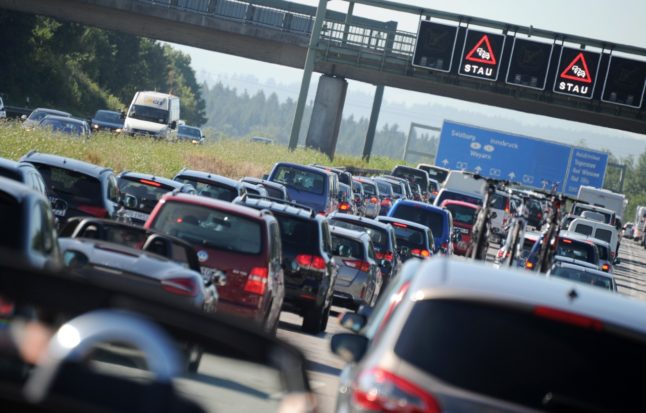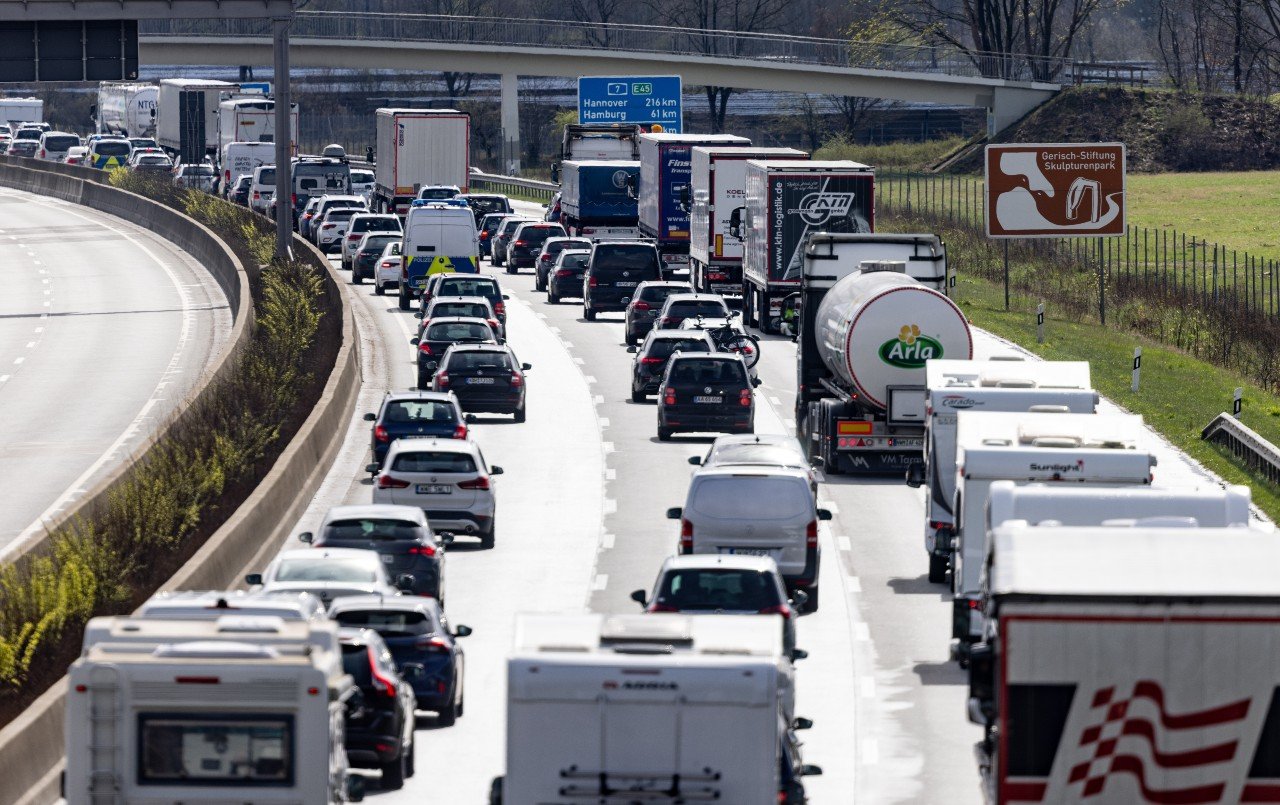The ring tone is a pop version of Beethoven’s “Ode to Joy,” which serves as the European Union’s anthem. Calling it “a catchy tune,” Andreas Krautscheid, NRW’s minister for European affairs, had the ring tone specially composed in order to make younger voters aware of the European elections.
“We want to speak to young people’s preferences and habits and to enable a playful entry to Europe with the cell phone ring tone,” Krautscheid said Sunday.
An EU-wide survey published April 15th said just 28 percent of Europeans planned to head to the polls when all 736 members of the European Parliament are selected between June 4-7. Germans are more likely to vote than many of their neighbors. The Eurobarometer survey said 43 percent planned to cast a ballot. Young voters were highly unlikely to take part, with 28 percent telling pollsters they planned vote.
The European Parliament is one of the three main bodies of the European Union and the only one selected by direct elections. Some 500 million Europeans are eligible to vote, making the event the second-largest democratic elections in the world after India’s elections and making it the biggest transnational election in the world.





 Please whitelist us to continue reading.
Please whitelist us to continue reading.
Member comments